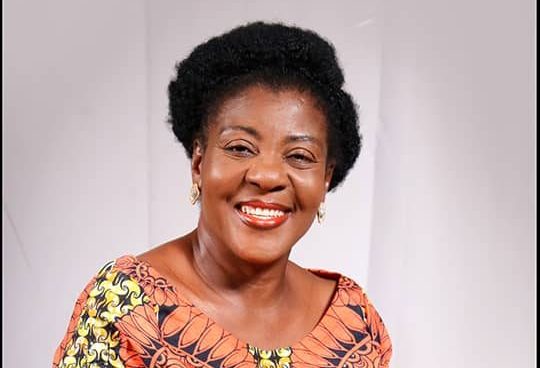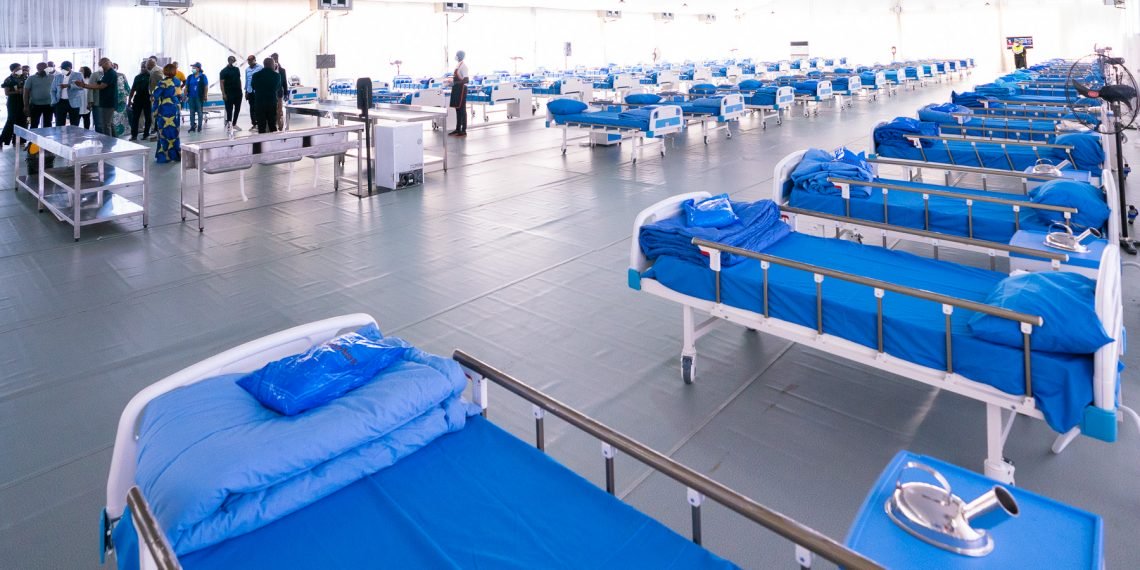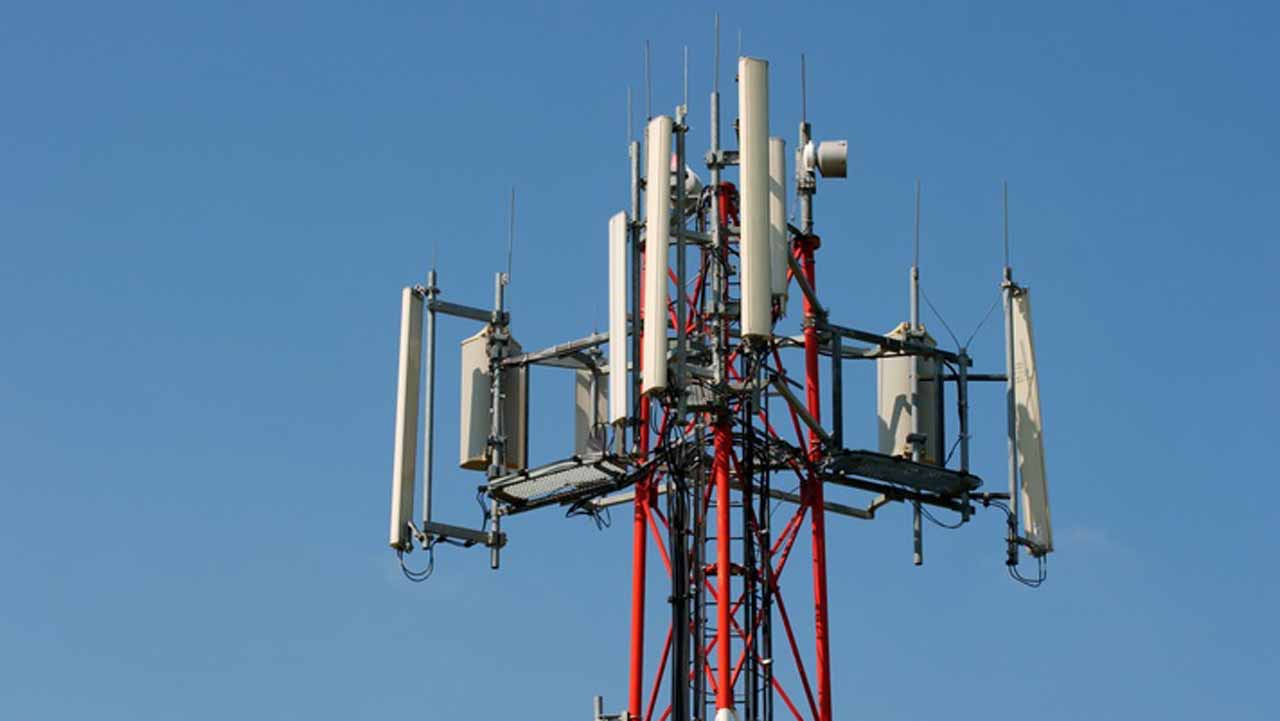By Owei Lakemfa.
INTELLECTUALS, diplomats, social activists, trade unionists and international relations experts across the country gathered in Abuja on Wednesday, November 25, 2020, to dissect the state of Nigerians under COVID-19 as they trudge towards a post-pandemic world. It was an occasion to mark the 10th anniversary of the Society for International Relations Awareness, SIRA, the foremost foreign relations think-tank which strives to democratise foreign policy.
Dr. Daniel Mann, the new Resident Representative of the Friedrich Ebert Foundation, FES, which partnered SIRA for the event, said the COVID-19 era is likely to stay with humanity for long and that no individual country can take on the pandemic alone. He argued that it is the duty of the human race to face this challenge together and ensure success, including in the distribution of vaccines to all humans.
Ambassador Sani Bala, the first Nigerian ambassador to Qatar concurred with Mann, saying no country will be safe from COVID-19 unless all countries are safe. The ambassador who is the vice president of the Association of Foreign Relations Professionals of Nigeria and was chairperson of the occasion, lamented that the global humanitarian architecture is quite weak and would, in the face of the pandemic, need to be strengthened.
Prof. Istifanus Sonsare Zabadi, Dean of Post Graduate Studies, Bingham University, argued that only multilateralism can save the world because no one will be secure without all being secured. He added that humanity’s only option is to engage in the burden of sharing in which humanity pulls together.
Prof. Amadu Sesay, a leading authority on the Economic Community of West African States, and the African Union, drew attention to the fact that the United Nations, UN, was established due to the collapse of multilateralism under the League of Nations. He said it was realised that countries acting in their individual interests will lead to problems which is why the UN Preamble emphasises the need to save humanity from the scourge of war and defend the equal rights of all humans and nations. He explained that multilateralism is like a big estate with individual landlords, and that if each sticks to individual rights, the estate will be ruined. But that if all come together to provide common services like cleaning and security, the estate will be conducive for human habitation. Prof. Sesay said given their sovereign rights, states can only be persuaded, not compelled on issues. Multilateralism, he posited, works to the advantage of underdeveloped countries who may not have the resources to cater for themselves as individual states. Without multilateralism, he said small African countries who cannot even feed their citizens or provide basic needs, would be unable to provide COVID-19 vaccines for their populace. A multilateral world, he argues, also confers protection against bullies, knowing there are big brothers like the UN which can stand up for the weak. A major mistake of Saddam Hussein, he said, was to invade Kuwait leading to the UN wrestling that country from his grips. Prof. Sesay argued that the outgoing American President, Donald Trump, is a danger to a multilateral world, saying with the latter withdrawing America from the World Health Organisation, the Iran Nuclear Deal and the Climate Change Agreement, he was not sure if Trump would not have withdrawn America from the UN were he to be president for another four years.
Prof. W. Alade Fawole, a leading foreign affairs guru and author of books like The Illusion of The Post-Colonial State: Governance and Security Challenges in Africa and Nigeria’s External Relations and Foreign Policy Under Military Rule: 1966-1999, said Trumpism was just an aberration. He argued that although multilateralism and globalisation have their challenges, they have to be addressed. Prof. Fawole argued that nations today are facing challenges which no individual state can solve pointing out that the COVID-19 pandemic in fact has affected strong countries like America, Britain and Italy more than the weak ones. He reiterated that humanity faces a common challenge in climate change which has led to increasing desertification, forcing huge populations to migrate with attendant security challenges. COVID-19, he said, is a menace and danger to the whole world, requiring a global response. He pointed out that when the pandemic started, the immediate reaction of various countries was to close their borders, but that has been shown to be a futility. Human beings, he argued, must overcome such nativity, pointing out that vaccine nativism or apartheid, will not work.
Dr. Wilson Ijide who is also a retired colonel, argued that with migration, education thriving internationally and tourism, no country can self-isolate. He said conspiracy theories have reduced the ability of countries to react effectively to COVID-19 and that government should find a way of inoculating Nigerians against conspiracy theories so they do not become gullible.
Prof. Bolade Eyinla, a specialist in diplomatic history and expert in elections, steered the discussions towards new waters: can multilateralism work without an enforcer? If major forces go rogue, who calls them to order? He doubts the world will be a better place with multilateralism, arguing that the damage America has done in the last four years would have led to the death of multilateralism had Europe joined that country. Prof. Warisu Oyesina Alli, political scientist and author of six major books, in response to Eyinla’s question, argued that the world of multilateralism does not need somebody to enforce, but to lead.
Prof. Emeritus Anthony Ijaola Asiwaju, historian and leading expert on border issues, recalled his 1984 inaugural lecture and his conviction that the world needs a ‘United Nations of Border Peoples’. He lamented the closure of the country’s borders and that the EndSARS campaign must not end until an end is put to the brutal violation of the human rights of the people in the border areas.
Rear Admiral Anthony Isa is unhappy Nigeria is making no contribution to the fight against the pandemic. He asked rhetorically: “What percentage of our budget is for research?” He believes Nigerians are not ready to run a proper country. Dr. Ejike Madu said the country has survived the pandemic scourge not due to any serious preparations but only by divine intervention, adding: “How can we have prestige when we are not bringing anything to the table?”
SIRA Chairperson, Prof. Nuhu Omeiza Yaqub, former Vice-Chancellor, University of Abuja and Sokoto State University, said the organisation, which has published eight books, believes that Nigeria’s wellbeing “could be enhanced in a world that is highly multilateralised…The whole purpose shall be no matter what, planet earth must survive!” The verdict of the gathering is that with the entire humanity facing a common enemy in COVID-19, leaving even one country unprotected, will spell doom for the entire human race.





